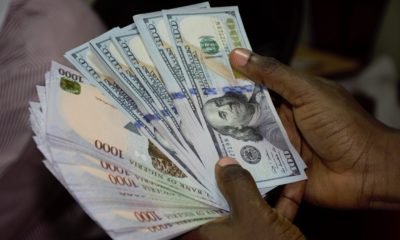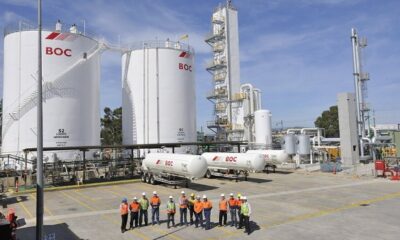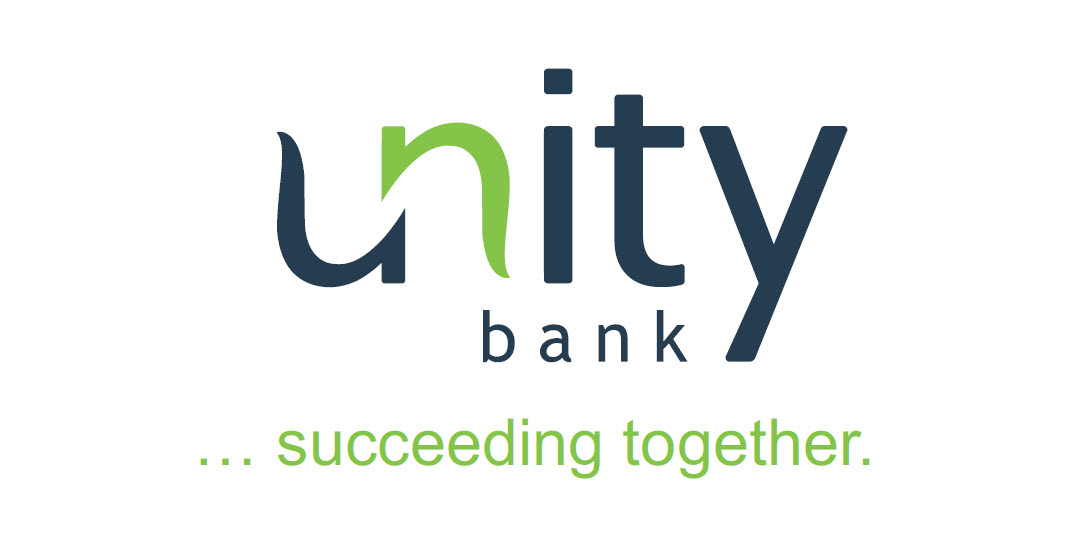A forensic audit conducted by global accounting firm KPMG has uncovered a N3.3 trillion discrepancy in the fuel subsidy claims made by the Nigerian National Petroleum Company Limited (NNPCL) during the administration of former President Muhammadu Buhari.
The audit, which meticulously examined the subsidy claims, found that NNPCL had significantly inflated its figures, initially reporting N6 trillion, with the government having already paid a substantial portion of this amount.
The audit’s findings come as a blow to the credibility of NNPCL’s financial practices.
According to the report, the discrepancy suggests gross mismanagement or potential fraud within the fuel subsidy scheme, raising serious questions about the accountability and transparency of NNPCL’s operations.
Mele Kyari, NNPCL’s Group CEO, defended the company’s position, stating that despite the government’s provision of N6 trillion in 2022 and N3.7 trillion in 2023, NNPCL has not received any reimbursement.
“Since the provision of the N6tn in 2022, and N3.7tn in 2023, we have not received any payment whatsoever from the Federation. That means they (the Federal Government) are unable to pay, and we’ve continued to support this subsidy from the cash flow of the NNPC. We are waiting for them to settle up to N2.8tn of NNPC’s cash flow from the subsidy regime, and we can’t continue to build this,” Kyari said.
Kyari’s remarks came just hours after President Bola Tinubu announced the removal of the fuel subsidy, a move aimed at addressing the economic strain caused by the subsidy payments.
Following the announcement, the federal government has decided to initiate a fresh audit to verify the authenticity of NNPC’s claims.
This new audit, which will cover the period from 2015 to 2021, aims to further scrutinize NNPC’s financial records and prevent future discrepancies.
The Office of the Auditor-General for the Federation (OAuGF) will spearhead this new audit, with potential support from an external firm to ensure impartiality and thoroughness.
This decision was made during a Federal Account Allocation Committee (FAAC) meeting in March 2024, where members underscored the need for an independent audit to avoid conflicts of interest and ensure a transparent review process.
The KPMG audit’s findings have sparked widespread calls for accountability and reform within NNPCL.
Analysts suggest that these revelations could lead to significant changes in the management and oversight of Nigeria’s fuel subsidy program, potentially involving legal actions against those found responsible for the discrepancies.


 Naira2 weeks ago
Naira2 weeks ago


 Naira3 weeks ago
Naira3 weeks ago






 Naira4 weeks ago
Naira4 weeks ago






 Naira2 weeks ago
Naira2 weeks ago




 Naira4 weeks ago
Naira4 weeks ago


 Fintech4 weeks ago
Fintech4 weeks ago






 Naira4 weeks ago
Naira4 weeks ago
 Naira4 weeks ago
Naira4 weeks ago


















